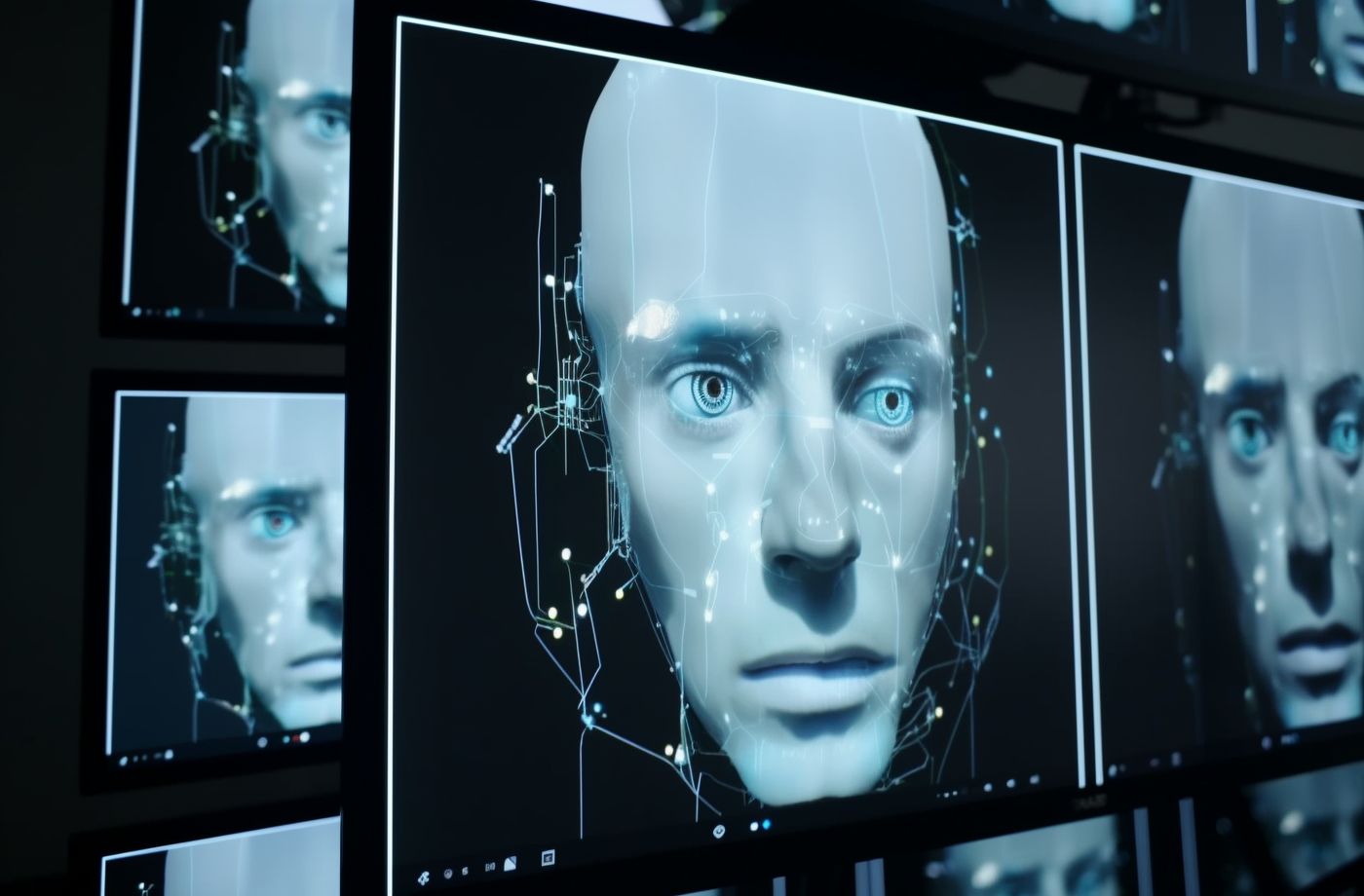Written by: Vuk Subotić, Senior Business Analyst
Artificial Intelligence (AI) has rapidly become a game changer in the business world, transforming the landscape of business and introducing significant changes. While AI offers numerous benefits, it also brings along substantial risks for which many companies are not adequately prepared. As AI technologies continue to advance, businesses must recognize potential dangers and take proactive measures to mitigate them. We will explore the reasons why companies are ill-prepared for the risks posed by artificial intelligence in today's business environment.
One of the primary aspects that arise with the implementation of artificial intelligence in workplaces is automation and changes in work processes. AI can significantly enhance efficiency and productivity, but it also raises concerns among employees about job loss and changing skill requirements. As technology evolves, employees are confronted with the need for retraining and adapting to new demands.
A critical ethical issue related to AI is the question of autonomy and responsibility. As AI becomes increasingly sophisticated, there is the possibility that it may take on decision-making and actions that can have a significant impact on individuals and society. This raises questions about who is responsible for the actions of artificial intelligence and how morally justifiable decisions are made.
Business organizations are established on traditional systems of management, decision-making, and control. Immediate interaction in the business world is crucial for significant business decisions. Since artificial intelligence excludes personal responsibility by its nature and structure, there is a dilemma about whether and how it can be held accountable in case of undesirable outcomes in a business environment.
With this in mind, the problem that business organizations may face is inadequate preparedness for operating with the assistance of AI systems. The social and business implications are uncertain.
One of the main reasons for companies' lack of preparedness is a lack of understanding and awareness of AI risks. Many business leaders are unfamiliar with the hidden aspects and potential pitfalls of AI technology. As a result, business leaders may not fully grasp the implications or consequences of introducing AI technology. This lack of knowledge hinders effective risk assessment and the establishment of strategies to overcome these issues.

The pace of AI development has outstripped existing management frameworks and regulations. Consequently, companies often operate in a "grey area" when it comes to implementing artificial intelligence. The absence of clear guidelines leads to uncertainty and increases the likelihood that companies will overlook potential risks. Without strong and clear regulations, organizations struggle to establish effective risk management practices.
AI programs are only as good as the data they are "trained" on. Inadequately "trained" systems can lead to inaccurate results. Companies must ensure that their AI systems are reliable and transparent, but addressing uncertainties and ethical concerns requires a deep understanding and careful approach when collecting data. Failure to address these issues can damage reputation, lead to legal consequences, and erode user trust.
There is also an issue of access and inclusivity. For artificial intelligence to be useful and fair, access and inclusivity for all people must be ensured. This involves removing barriers such as the digital divide and training people to cope with the changes AI brings.
Artificial intelligence heavily relies on vast amounts of data, often including personal and sensitive information. Companies must prioritize data privacy and security to protect the information they collect, store, and analyze. However, many organizations underestimate potential vulnerabilities.
Building and maintaining AI systems requires highly skilled professionals with a deep understanding of artificial intelligence algorithms, machine learning techniques, and data analytics. However, there is a shortage of AI experts in the job market, making it challenging for companies to find and retain the necessary expertise. This shortage limits companies' ability to comprehensively assess AI risks and develop effective risk management strategies.
AI systems are complex and can produce unforeseen consequences, even with the best intentions. Companies must anticipate and proactively address potential unintended impacts of AI implementation. These consequences can range from workforce displacement to increased social inequalities. Failure to consider these risks can lead to negative consequences for both the organization and society as a whole.
AI algorithms often function as "black boxes," making it difficult for companies to understand and explain their decision-making processes. This lack of transparency creates a trust deficit as stakeholders struggle to comprehend the logic behind AI-generated results. The inability to explain AI-driven decisions can hinder compliance with regulations, impede effective risk management, and undermine the acceptance of artificial intelligence within the organization and society at large.
In light of these ethical and sociological issues, it is essential to develop and implement adequate frameworks, guidelines, and regulations. These issues require not only technical solutions but also a multidisciplinary approach involving experts in ethics, sociology, law, and other relevant fields. Only in this way can we ensure that the development and implementation of artificial intelligence are directed toward the benefit of society as a whole.
Business organizations and the decisions made within them involve a cost-benefit analysis. In this situation, considering that the problem is not purely of a business and economic nature, the costs and benefits to the organization's members and society at large must be taken into account. Dehumanizing business entities and workers through the existence of AI is a contemporary issue that works for organizations, as well as other institutions and agencies, and will only begin to address.
Artificial intelligence offers tremendous opportunities for business, but it also carries significant risks. Companies must recognize the potential dangers associated with the implementation of artificial intelligence and take steps to address them. To adequately prepare for the risks of artificial intelligence, organizations must promote understanding, establish strong governance frameworks, address ethical concerns, improve data privacy and security, invest in AI-related talent and expertise, and consider unintended consequences and the importance of transparency. In this way, companies can harness the transformative power of artificial intelligence while protecting themselves from inherent risks in today's business world.


